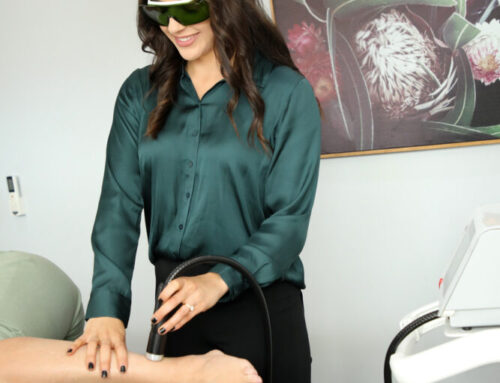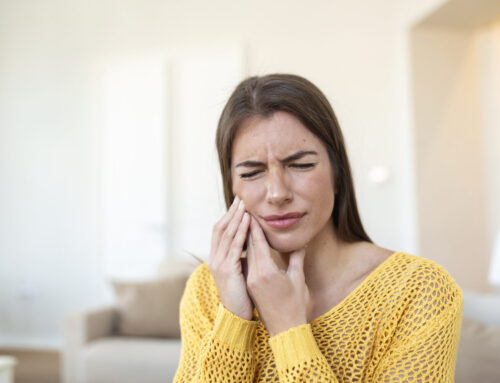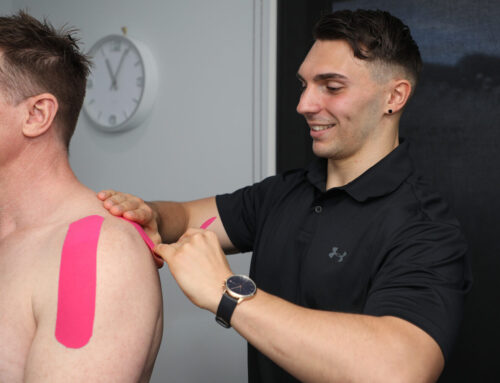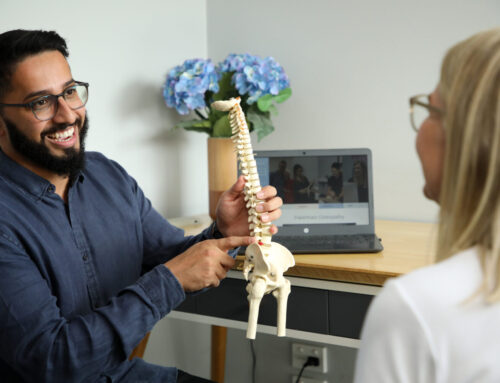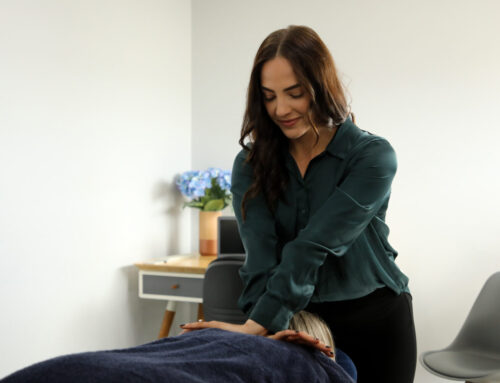Exercising is something that we all think about doing, but may not necessarily get it done, or do the right amount. The Australian Physical Activity Guidelines is a great reference to use to work out where we stack up in comparison to recommendations. Overall, the research suggests doing the following:
2.5-5 hours of moderate physical activity a week (min. 30 minutes a day, 5 days a week)
OR
1.25-2.5 hours of vigorous physical activity a week (min. 15 mins a day, 5 days a week)
What is the difference between moderate and vigorous?
 Ultimately, the difference is how intense or difficult the task is, and we can use our heart rate to estimate.
Ultimately, the difference is how intense or difficult the task is, and we can use our heart rate to estimate.
Moderate physical activity is:
70 – 80% of our max heart rate
Vigorous physical activity is:
80 – 90% of our max heart rate
We calculate our maximum heart rate by subtracting our age from 220. For example, if we are 30 years old: 220 – 30 = 190
From here an example of the heart rate to aim for is:
Moderate physical activity is: 0.7 x 190 = 133 BPM
Vigorous physical activity is: 0.9 x 190 = 171 BPM
Other Ways to Monitor Intensity/Heart Rate:
We live in a world of watches and other technologies that measure our heart rate for us. There is a quick and easy tool to measure our heart rate if we do not possess these devices; our own fingers. Place your index finger and middle finger of one hand on the outside of your wrist, approximately 4-5cm under the base of your thumb. Feel for your pulse. Count how many pulsations there are for 30 seconds and multiply it by two.
Another simplified way we can measure intensity is the talk test. In general, you can talk somewhat comfortably whilst completing physical activity at a moderate intensity, whereas you can only manage to talk a few words at a time between pausing for a breath during physical activity completed at a vigorous intensity.
I work 8 hours a day, does that count as exercise?
Generally, work does not count as exercise. Whilst you are being physically active you may not be completing it at the prescribed intensity or duration. You may also be performing tasks that may utilise some areas of the body regularly, but other areas may not be engaged or performing as efficiently as they could be. Another factor to consider is the benefits associated to performing these tasks outside the work environment.
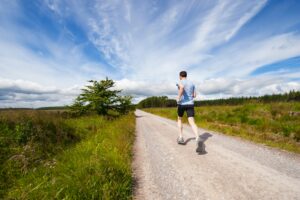
Photo by Jenny Hill on Unsplash
What are the benefits of exercising?
There are a number of health benefits from exercising, which also vary depending what stage of life you are in. Generally, exercise may:
- Improve muscle strength and endurance
- Increase or maintain bone health/density
- Increases heart and lung health (cardiorespiratory fitness)
- Decreases risks of hypertension, coronary heart disease, stroke, diabetes, various types of cancer (including breast cancer and colon cancer)
- Benefits to mood and mental health through social connection and endorphin release
- Associated with a decreased risk of falls
- Help maintain a healthy physical appearance and body weight
- May assist in improvement of cognitive performance
- Improvements to sleep quality
This is just a list of the main benefits, and therefore is not exhaustive.
What are some ways I can exercise?
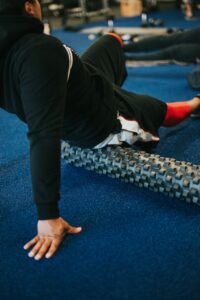
Photo by Andrew “Donovan” Valdivia on Unsplash
It is recommended that you do a mixture of cardio exercise as well as incorporate two days of resistance training into your week. Exercise examples are:
- Swimming
- Cycling
- Rowing
- Walking/jogging/Running
- Body-weighted exercises such as squats, push-ups, lunges, pull-ups
- Free weights/resistance machines
It is best to partake in exercise that is suitable to you as an individual. An Osteopath has vast knowledge of the human body and can help work with you to determine what approach is best. By considering goals you may like to achieve such as weight loss or strength related changes, we can work together to find out what works for you. It is not always possible to achieve the desired amount of physical activity each week, but an Osteopath may also help you with strategies to incorporate it into your everyday life which will help facilitate these changes, ultimately turning them into an easy weekly habit. Contact us at Pakenham Osteopathy so we can help you get on the path of a healthier lifestyle.
Resources:
https://www.who.int/news-room/fact-sheets/detail/physical-activity
